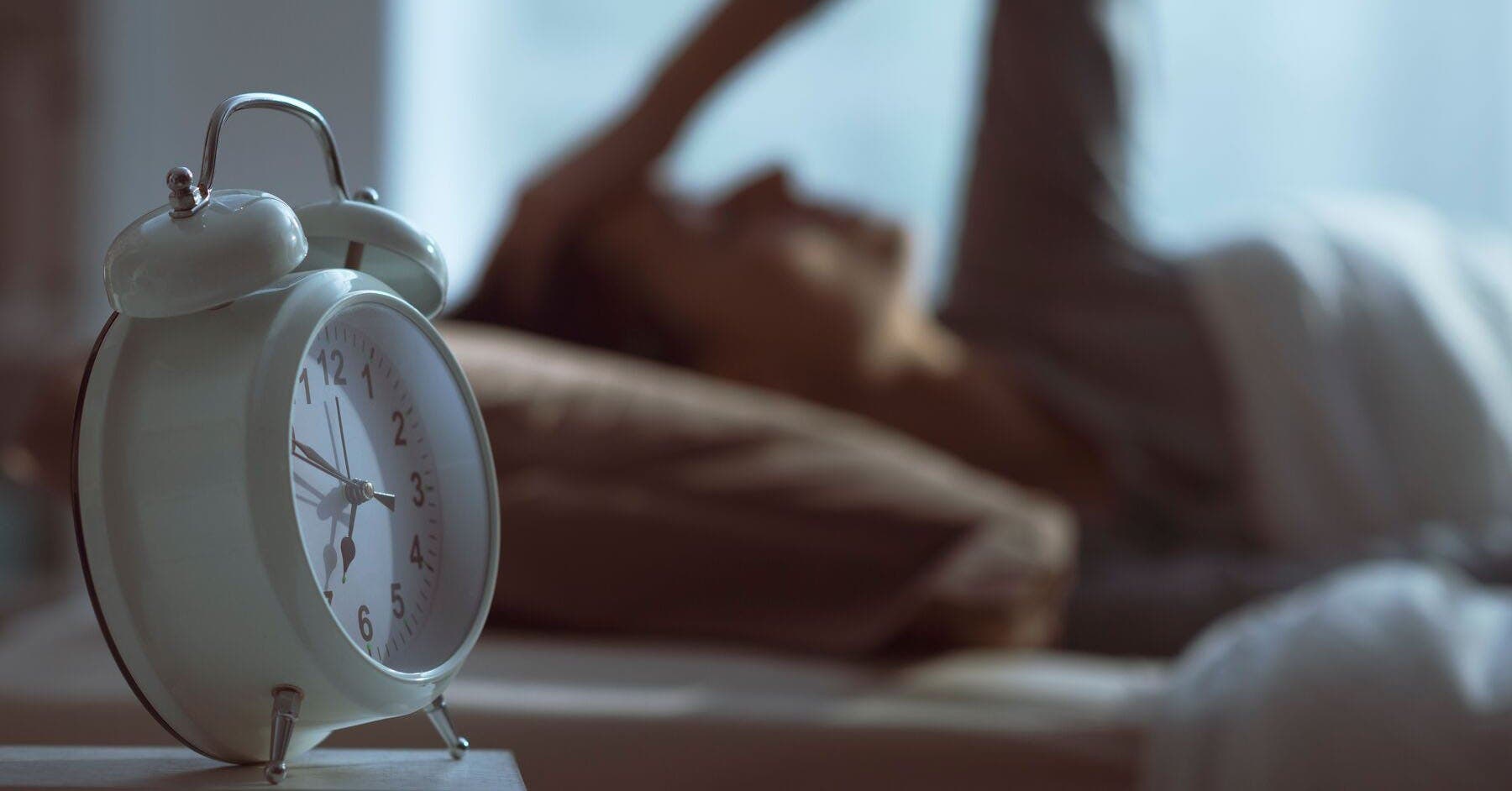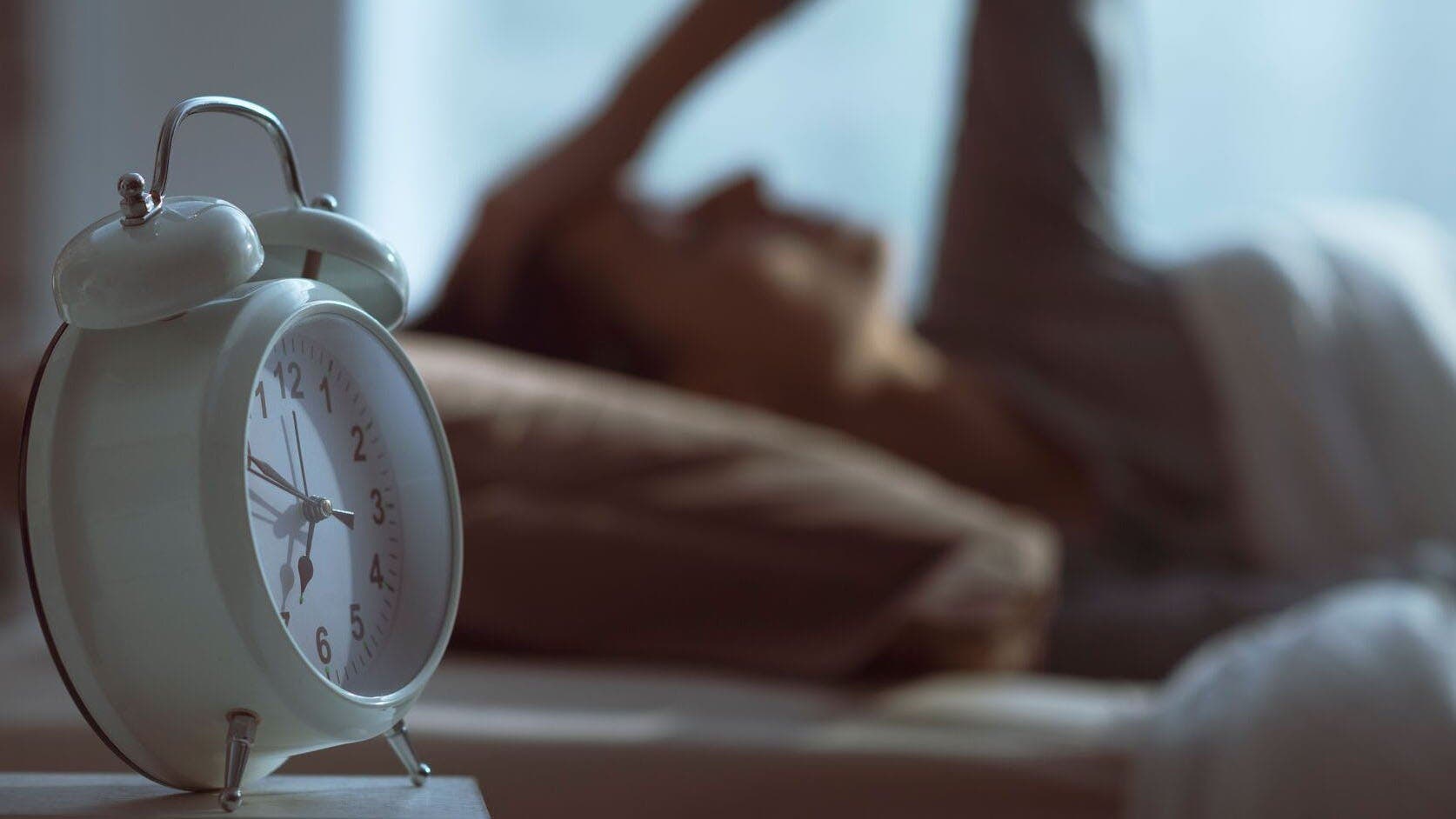Night sweats: Causes and treatments for men and women


Sweating is your body’s way of cooling itself down. It’s healthy to perspire when you’re exercising, rushing to catch a bus, or outside on a sweltering day. However, sweating that happens while you’re sleeping is different.
Night sweats can be a signal from your body that there’s something going on that needs attention. Read on to learn about the most common causes of this uncomfortable condition, and how to treat them.
What are night sweats?
Night sweats, which experts call sleep hyperhidrosis, refers to excessive perspiration that occurs while you’re asleep and isn’t caused by an external stimulus (such as a broken air conditioner.) The “excessive” part is key: Merely feeling a tad hot or sticky doesn’t qualify as night sweats. “Patients frequently talk about waking up drenched,” says Joseph Ojile, MD, founder and chief executive officer of the Clayton Sleep Institute in St. Louis, Missouri. “They have to get up in the middle of the night and change their clothes—sometimes even their sheets.”
Night sweats are fairly common and can affect any gender. A study from the University of Oklahoma found that 41 percent of people told their primary care doctor that they had experienced night sweats. In addition to being uncomfortable, night sweats interrupt your sleep, which can negatively affect your health. Sleep disruptions can make you feel more irritable, stressed, and anxious; and they increase your risk of high blood pressure, heart disease, and type 2 diabetes.
What causes night sweats?
There are many possible reasons why you might have night sweats. Some, like hormonal changes, are gender-specific. Other causes, like the eight here, are common in all genders.
1. Medication
Night sweats are a side effect of many prescription drugs, Dr. Ojile says. Some blood pressure medications, birth control pills, and respiratory drugs may cause the problem. And 5 to 14 percent of people taking antidepressants experience night sweats, according to a study published in the Annals of Clinical Psychiatry. If you regularly take a prescription medication and are having night sweats, there may be a connection.
2. Sleep apnea
As many as half of people with sleep apnea—a condition that causes you to stop breathing for several seconds repeatedly while you’re asleep—suffer from night sweats. “When you stop breathing, it causes your ‘fight or flight’ hormones to surge, which can make you perspire,” Dr. Ojile says. While anyone can develop sleep apnea, men are about twice as likely as women to experience it.
3. Acid reflux
Gastroesophageal reflux disease (GERD) is a condition where stomach acid comes up into the esophagus, causing heartburn and chest pain—often at night. People with GERD sometimes experience night sweats, but experts suspect it may be because they’re also more likely to have sleep apnea as well.
4. Alcohol and caffeine
Alcohol dilates blood vessels in your skin, which can make you feel warm and flushed. This may explain why people who drink more alcohol seem to be more apt to have night sweats. Other studies suggest that there may be a link between caffeine consumption and hot flashes, but the evidence is mixed.
5. Anxiety
If you’ve ever felt really nervous before a date or work presentation, you know that anxiety often goes hand-in-hand with sweating. And it’s not just while you’re awake: People who suffer from panic disorder are significantly more likely to experience night sweats.
6. Hyperthyroidism
When your thyroid is overactive (hyperthyroidism) it produces excess thyroid hormones, which causes your metabolism to speed up. That can make you easily feel overheated, and ramp up sweating around the clock.
7. Nocturnal hypoglycemia
People with diabetes, especially those who use insulin, are prone to low blood sugar—or hypoglycemia: Sweating is one sign that blood sugar has dropped too low and eating or drinking is necessary to bring it back up to a normal level. Nocturnal hypoglycemia (becoming hypoglycemic while you’re asleep) can be dangerous, so if you have diabetes and are experiencing night sweats, talk to your doctor right away.
8. Infection or disease
In some cases, night sweats are caused by an infection such as tuberculosis or a disease like lymphoma. “Don’t be fearful, but if you recently started having night sweats your doctor needs to know about it,” Dr. Ojile says.
Night sweats in men
If you’re a man who is experiencing night sweats, the reason is likely one of the causes above. However, some males experience a notable decline in testosterone at midlife that may increase the likelihood of night sweats. But there’s no definitive research that proves why a drop in testosterone may have this effect.
Night sweats in women
Many females complain of night sweats when they’re perimenopausal, menopausal, and pregnant. Here’s what might be behind the symptom during those times:
- Perimenopause and menopause: For women who are approaching menopause (perimenopausal) or haven’t menstruated for a full year (menopausal), night sweats are essentially hot flashes that occur during sleep—and as many as 75 percent of women in these groups experience them. Experts don’t know exactly why hormone-induced hot flashes and night sweats happen, but it’s possible that a drop in estrogen causes the hypothalamus (the part of the brain that controls body temperature) to become hypersensitive.
- Pregnancy: Up to a third of expecting moms report night sweats, and many complain of the condition during the postpartum period as well. The problem may be related to hormonal fluctuations—which can affect how the body regulates temperature—or sleep apnea. Sometimes pregnant women develop apnea due to weight gain, increases in metabolism, and the baby’s movement as it grows, Dr. Ojile says.
How to stop night sweats
If you treat the underlying cause, you can reduce or stop night sweats. Some issues can be addressed with a lifestyle fix you can try on your own, but others may require a medical treatment from your doctor.
Diet and lifestyle changes
- Adjust your room temperature: Night sweats aren’t caused by high temps, but sleeping in a hot space can exacerbate the problem. “Lowering the room temperature substantially may help suppress night sweats,” Dr. Ojile says. Turn your thermostat way down—into the low 60’s if necessary. And to increase your comfort when sweating does strike, wear pajamas made with moisture-wicking fabric to bed.
- Maintain a healthy weight: People who are overweight are more apt to suffer from night sweats, likely because of sleep apnea. Research has shown that excess weight makes you significantly more likely to experience sleep apnea, but losing as little as 10 percent of your body weight can substantially help.
- Limit caffeine, alcohol, and spicy foods: Especially in the evening, it’s smart to avoid foods and drinks that might trigger night sweats.
- Try soy: Soy-based foods (like tofu and edamame) may help alleviate menopause symptoms. Research has found that women who take supplements containing soy isoflavones are less likely to experience night sweats. Always check with your doctor before trying any supplements.
Medical treatments
- Hormone therapy: If menopause-related hormonal changes are causing your night sweats, your doctor might recommend hormone therapy in the form of prescription estrogen and/or progesterone. Hormone therapy isn’t for everyone though, since it may have serious side effects such as an increased risk of breast cancer, stroke, and blood clots. Your doctor can help you weigh the pros and cons.
- Gabapentin: Originally developed to control seizures, this prescription medication has also been shown to ease hot flashes and night sweats in menopausal women. Gabapentin may be an effective option for women who’d prefer not to or can’t use hormone therapy due to pre-existing health conditions such as cardiovascular disease.
- Acupuncture: Menopausal women who get acupuncture treatments have fewer and less intense hot flashes, according to a meta-analysis of several studies.
- CPAP or a dental appliance: If your night sweats are caused by sleep apnea, a sleep specialist will likely recommend one of these two treatments. Continuous positive airway pressure (CPAP) involves using a device that pushes air into the mouth and nose as you sleep to keep your airways open. A custom-made dental appliance holds the lower jaw forward, prompting tissue at the back of the throat to relax.
- Cognitive behavioral therapy: Cognitive behavioral therapy is a proven treatment for anxiety and panic disorder, so it may help improve night sweats caused by those conditions. Talk therapy can also decrease the distress of hot flashes and night sweats in menopausal women.
- Blood sugar management: If your night sweats are caused by nocturnal hypoglycemia, your doctor may adjust your medication regimen and/or have you check your blood sugar more often.
How to cope if you are suffering from night sweats
Night sweats disrupt your sleep, affecting your mood and your overall health. There are many possible causes—ranging from hormonal changes to serious health issues—so it’s important to talk to your healthcare provider if you start having this condition. Once you identify why you’re having night sweats, you can often find a treatment to reduce or stop them.
--
Barbara Brody is a freelance writer who specializes in health and wellness. Her work has appeared in a wide variety of outlets including WebMD, Health, and Prevention
